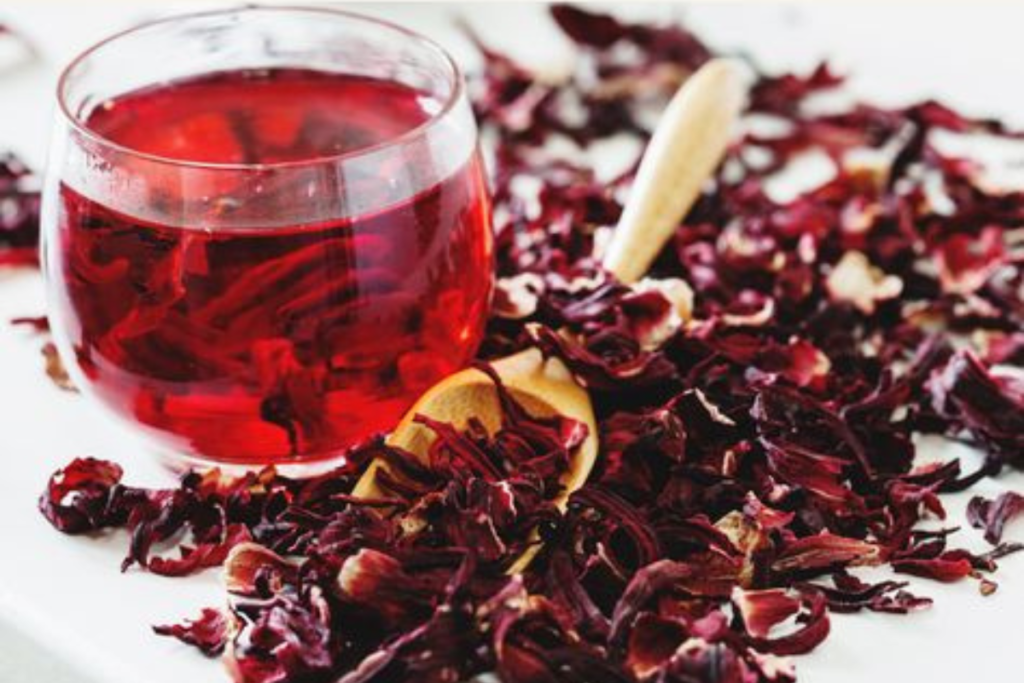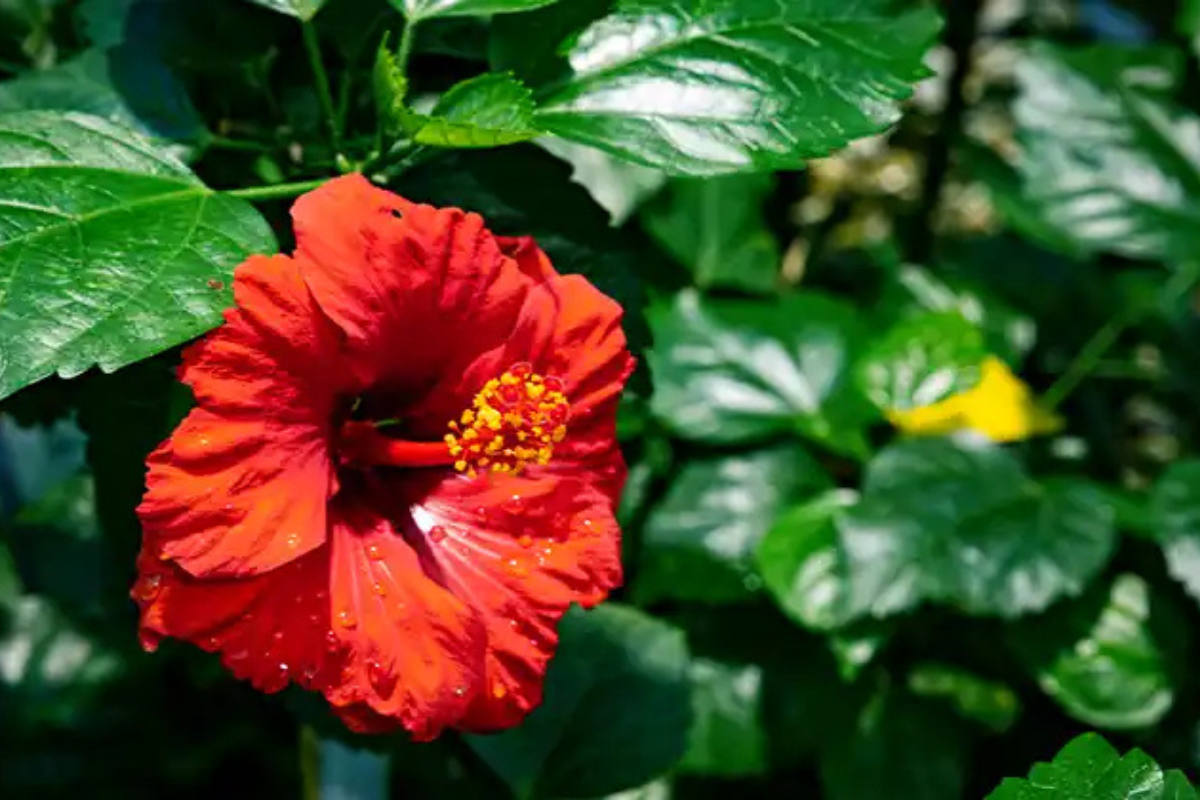Hibiscus (Hibiscus rosa-sinensis), often referred to as the Chinese Rose, is more than just an eye-catching ornamental plant. It is a powerhouse of health benefits, widely used in traditional remedies. Both its leaves and flowers are packed with nutrients that promote well-being and offer versatile uses. Here’s everything you need to know about the amazing properties of hibiscus and how to incorporate it into your daily life.
Benefits of Hibiscus Leaves
Hibiscus leaves are brimming with health-boosting compounds that nourish the body, inside and out:
- Promotes Hair Growth: Packed with nutrients, they strengthen hair follicles and encourage healthy growth.
- Controls Dandruff: Their antifungal properties combat dandruff and soothe itchy scalps.
- Hydrates Skin: Hibiscus leaves act as a natural moisturizer, leaving skin soft and glowing.
- Boosts Immunity: Rich in antioxidants, they help fight free radicals and enhance immune function.
- Aids Digestion: Mild laxative properties assist with digestion and ease constipation.
- Reduces Inflammation: Natural anti-inflammatory compounds alleviate discomfort and swelling.
- Supports Blood Sugar Regulation: May help stabilize blood sugar levels.
- Detoxifies the Body: Aids liver health by flushing out toxins.
- Relieves Respiratory Issues: Eases coughs and congestion.
- Heals Minor Wounds: Crushed leaves applied topically promote wound healing.
- Strengthens Oral Health: Traditionally used to maintain healthy teeth and gums.
- Improves Sleep: Its calming effect encourages restful sleep.
How to Use Hibiscus Leaves

- Hair Mask: Blend fresh leaves into a paste, apply to the scalp, and rinse after 30 minutes for thicker, stronger hair.
- Tea for Detox: Boil fresh or dried leaves in water, strain, and enjoy for detoxification and immune support.
- Skin Moisturizer: Mix crushed leaves with aloe vera gel and apply to hydrate and soften skin.
- Wound Remedy: Apply a paste of crushed leaves to cuts and scrapes for faster healing.
Benefits of Hibiscus Flowers
The vibrant hibiscus flower is not just decorative—it offers numerous medicinal properties:
- Rich in Antioxidants: Protects the body from oxidative stress.
- Supports Heart Health: May reduce blood pressure and cholesterol.
- Aids Weight Loss: Boosts metabolism and reduces fat absorption.
- Balances Hormones: Helps regulate menstrual cycles and alleviate PMS symptoms.
- Improves Digestion: Reduces bloating and supports gut health.
- Boosts Liver Health: Enhances detoxification and overall liver function.
- Calms Anxiety: Acts as a natural relaxant to reduce stress.
- Enhances Skin Elasticity: Improves texture and reduces signs of aging.
- Strengthens Immunity: Loaded with Vitamin C to ward off infections.
- Reduces Fever: Traditionally used to lower body temperature.
- Eases Cough: Soothes sore throats and clears congestion.
How to Use Hibiscus Flowers
- Hibiscus Tea: Steep dried petals in hot water for 5-10 minutes. Drink for heart health and better digestion.
- Face Mask: Mix crushed petals with yogurt, apply to the face, and rinse off after 20 minutes for glowing skin.
- Flower Syrup: Boil petals with sugar and water to create a syrup. Add to beverages for relaxation.
- Cough Remedy: Combine steeped petals with honey and ginger to ease throat irritation.
Important Notes
While hibiscus leaves and flowers are safe for most, consult a healthcare professional if you are pregnant, breastfeeding, or on medication, as they may interact with certain conditions or treatments. Always use chemical-free, pesticide-free plants for best results.
By integrating hibiscus into your routine, you can enjoy its natural benefits for your hair, skin, and overall health. Share this with others and explore the wonders of this botanical treasure!
